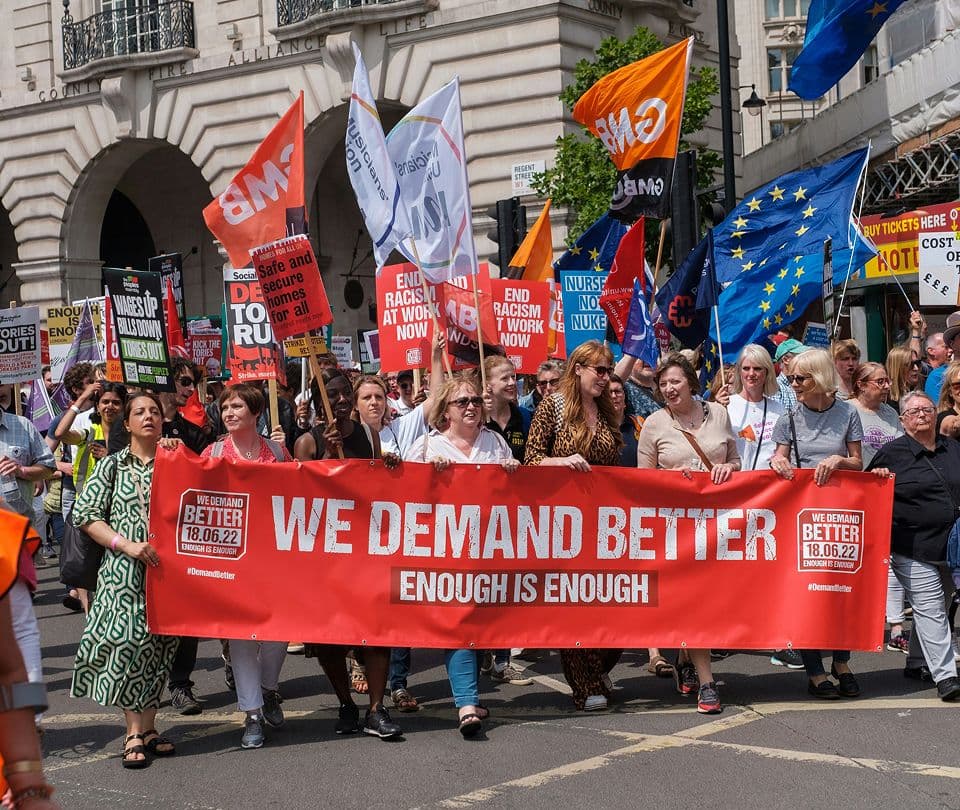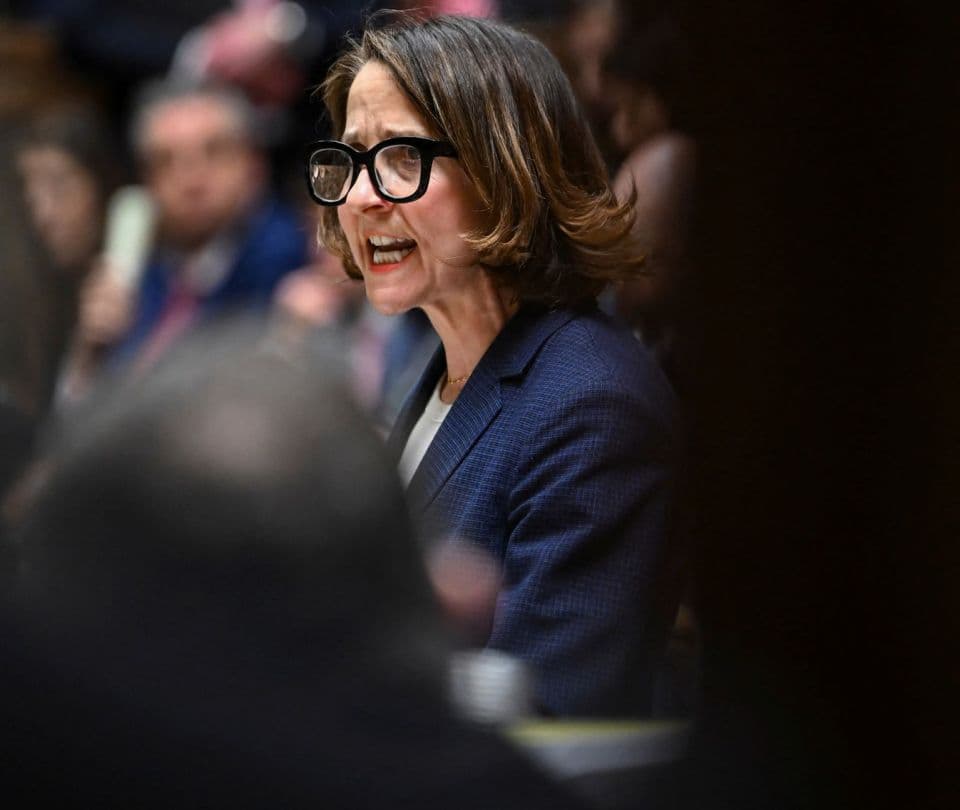The cost of income protection insurance

How much is income protection insurance?
Most people are looking for the best cover at the lowest price, but there isn't a simple solution. The cost of income protection insurance depends on several variables, some of which relate to an individual’s circumstances while others arise from the customisation of the policy.
How is income protection calculated?
Insurance policies are provided by insurance companies and in most cases they are underwritten by other companies. Underwriting is the process of assessing the level of risk in providing specific insurance and deciding what level of fee should be charged to cover that risk. It’s called underwriting because in the early days of insurance, people who agreed to take on the financial risk would sign their name on a document under the amount they promised to cover.
Premiums payable are influenced by several factors. These are the initial considerations:
Age
Younger people usually pay less and as the risk increases with age, so do the premiums.
Occupation
What you do for a living is important, because high-risk jobs will lead to higher premiums. A steeplejack will pay more than an office worker.
Health and lifestyle
When you apply for income protection you’ll be asked to complete a questionnaire, providing answers to questions regarding your current and past health, whether you smoke, how much alcohol you drink and perhaps even your family’s medical history. Your answers help the underwriter make an accurate assessment of the risk.
Income
What you earn is a key consideration because income protection is a way of replacing your lost income and isn’t designed to pay you more than you would normally make. To reflect the difference between your gross and net pay, policies will pay you up to 65% of your gross income, although you can choose a lower level of cover. Eleos pays up to 65%.
How much does income protection cost?
Since every case is different, it’s difficult to come up with averages. Later we’ll look at your options for keeping costs down, but this is a very rough guide:
- Under 30s in low-risk jobs - £5-£20 per month
- Over 40s or in moderate-risk jobs - £20-£40 per month
- Over 50s or high-risk jobs: - £40 or more per month
These are broad figures, so you should only see them as a very approximate indication.

Is income protection worth it?
This is really a question for the individual. Some people feel their likelihood of being forced to stop working is remote, or they believe they have adequate provision through their employer’s sick pay scheme or personal savings. However, the chances of losing your income through illness or injury might be higher than you think: 2.8 million people are currently in that position. And while sick pay and savings may help for a while, income protection can give greater support for longer, and can also work in combination with your other sources of income.
How much cover do you need?
As we’ve mentioned, the most you can get with Eleos is 65% of your pre-tax income. However, you might feel you can manage on less than this, which will cost you less in premiums. The best approach is to work out how much you need to cover the essentials like housing, bills and food. Once you’ve got that figure you can factor in an amount of disposable income that covers your wants on top of your needs.
What premium can you afford?
Again, this is a personal decision. Getting value for your money is important, especially in financially difficult times. But your income is one of your most valuable assets, so you may want to weigh up the fairly modest cost of protecting it against the impact of losing it. If you can’t earn, then everything you’ve done to maximise your income could count for very little.
Keeping the cost of income protection insurance down
Once you’ve provided the essential information about your age, occupation, income, health and lifestyle, you’ll get a policy quote based on those details. If you feel the premiums are too high for you to manage, there are adjustments you can make to bring the cost down.
Level of cover
Try reducing your cover from the maximum of 65%. The lower the monthly benefit you’ll receive, the lower the cost will be.
Waiting period
When you take out a policy you’re asked to choose a waiting period. This is the time between making a claim and receiving your first benefit payment. You can choose anything from one week up to several months, depending on how long you can manage without help. The longer you can wait, the lower your premiums will be. If you get sick pay from your employer for a limited time, you can set your waiting period to end when your sick pay stops so you’ll start receiving benefit payments from your policy instead.
Benefit period
Income protection policies give you a choice of benefit period. This is the maximum time for which you’ll be paid under a single claim. Benefit periods are typically 1, 2 or 5 years. The shorter periods will cost you less.
Conclusion
The cost of income protection isn’t a fixed figure. Everyone’s needs and circumstances are different. Getting quotes from insurers will give you the best indication of what it’s likely to cost and it won’t commit you to buying. You can get an online quote from Eleos here.
FAQs
It depends what you mean by cheaper. Statutory sick pay costs you nothing and your employer is legally required to pay it, but the basic rate is only £116.75 a week. For the self-employed there is Employment and Support Allowance of £90.50 a week. Accident, sickness and unemployment insurance (ASU) and critical illness insurance can work out cheaper, but they usually have more restrictive terms than income protection insurance.
Not everyone needs it. If you have a generous employee sick pay scheme you may get all the support you need. Equally, if you have substantial savings that you’re willing to spend you might decide it’s not necessary. But for many employees and the self-employed it is a very valuable safety net.
No, you won’t pay tax on the payments you receive when you claim. If you’re covered by your employer’s group income protection insurance and they pay the premiums for you then you may be taxed on those premiums. This is because HMRC might see them as taxable benefits in the same way they treat things like company cars. Recent changes to tax legislation mean you might also be taxed on benefits from a group insurance scheme.
Income protection is specifically designed to protect your income if you have to stop working because of illness or injury. Redundancy insurance is available to support you financially if your job is made redundant. It doesn’t cover you if you take voluntary redundancy or you’re dismissed on valid grounds.

Related resources

Turning Customer Curiosity Into Confidence: Theea's Coverage Calculator
Introducing Theea's Coverage Calculator: the intuitive insurance tool inspired by thousands of customer conversations that turns anxiety into tailored advice and confusion into confident choices.

Meet Your Newest Eleos Perks
We’re expanding our perks with two new additions designed to turn good intentions into healthy habits. Discover everything you can get for free with an Eleos policy.

Income protection for smokers
If you smoke, you may have a tough time getting income protection insurance, but it’s not impossible.

Do doctors need income protection?
A career as a doctor may be a vocation but you still have to earn a living

Do trade union members need income protection?
What financial support will your union give you if illness or injury forces you to stop working?

Getting Britain Working Again?
On 18th March 2025, the Secretary of State for Work and Pensions announced controversial disability benefit reforms